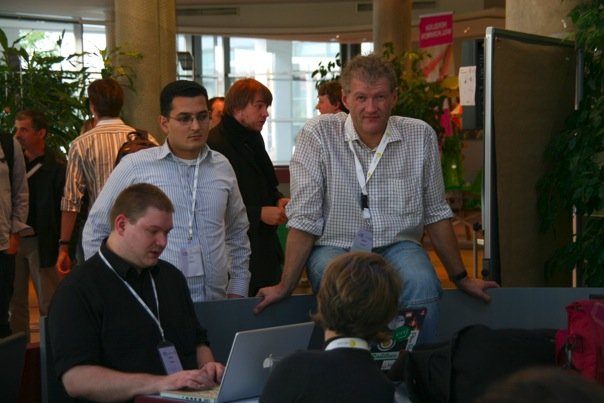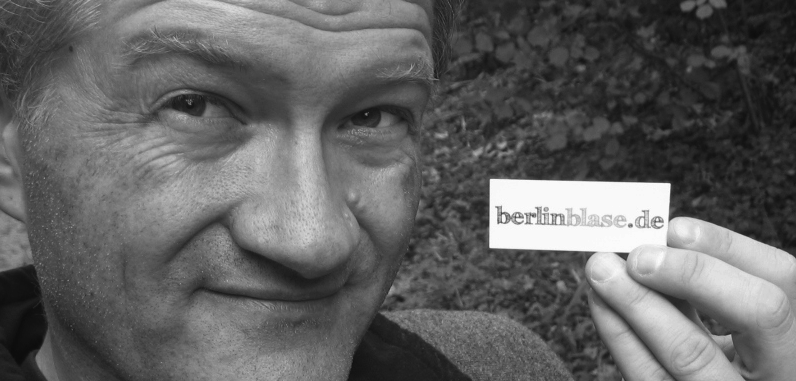Via Diego – a full quote (yes, this is something I don’t do regularly but it’s so fitting) of John Maeda:
“To create is to potentially embarrass oneself in front of others. It is about the courage to be oneself and to be seen as oneself. Putting ink to a page, or pressing one’s fingers against clay, or typing a line of computer code, or blowing glass and realizing mistake. Or success. With everyone watching. But most importantly, you.
So it dawned upon me how important it is to be creative. Because it means you have within you infinite capacity to experiment. You are unafraid to go somewhere new because you are creating a new thought process about your own creativity. You know that if you stop and no longer challenge yourself, you cease to be creative. You become still, silent, and the bow no longer connect with the strings and music is not made. And you do not exist. You show you do not have the courage to exist.
Creativity is courage. The world needs more fearless people that can influence all disciplines to challenge their very existence. Creativity is reflection aimed not at yourself, but at the world around you.”
Why do I quote this thing? At the moment there’s the Sunday round of session proposals going on at BarCampBerlin 3 – and all of the people up on stage are exhibiting courage and creativity, using the BarCamp space for experimentation and more.
And only in case you’re asking, I might be proposing the follow-up to yesterday’s session of mine (yes, writeup and slides are coming).



